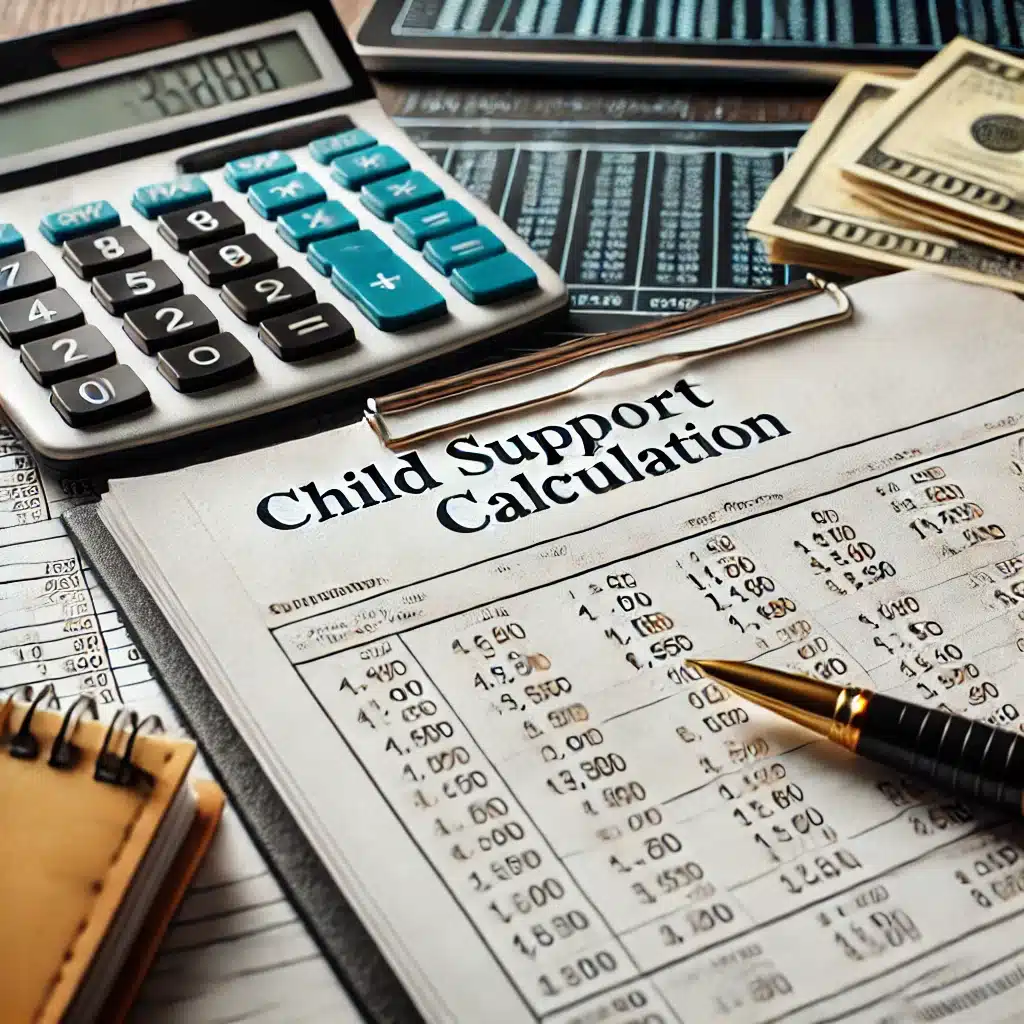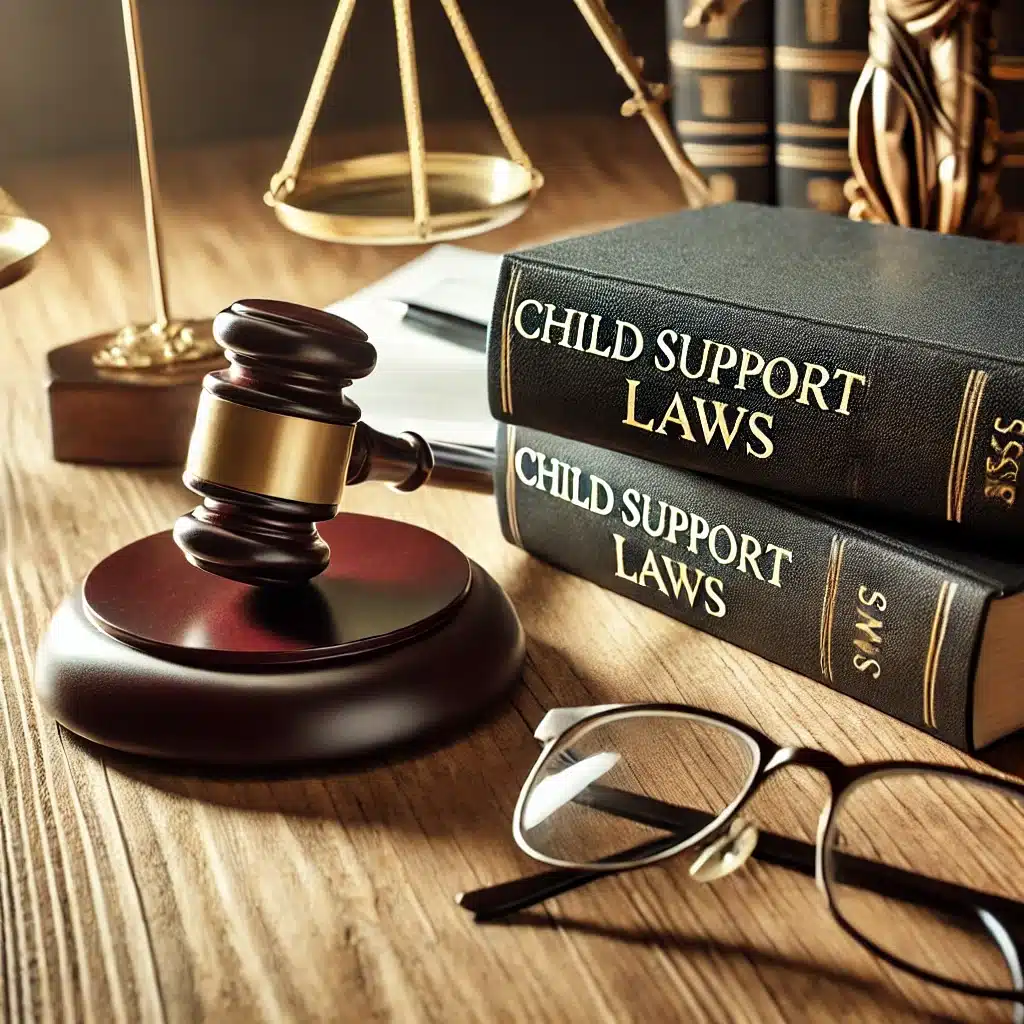Hunter Biden and child support is more than a tabloid headline—it’s a powerful example of how the legal system treats financial responsibility, no matter someone’s status. The case involving Hunter Biden and child support has drawn national attention, not just because of his last name, but because it raises key questions about enforcement, transparency, and parental duty. When payments fall behind, courts demand answers. Judges can compel disclosure of assets, impose sanctions, or in extreme cases, consider jail time. The spotlight on Hunter Biden and child support shows that child support laws apply to everyone, regardless of influence or political ties.

Hunter Biden and Child Support – Straight to Jail?
The name Hunter Biden continues to attract attention, and not just because he’s the son of President Joe Biden. One of the most talked-about parts of his personal life involves child support. While his legal troubles have covered everything from taxes to firearms, some people have begun to ask: can someone like Hunter Biden go to jail over unpaid child support?
To answer that, it’s important to understand how child support works in the U.S., what’s expected from both parents, and what happens when someone doesn’t meet their obligations.
The Background on Hunter Biden’s Child Support Case
Hunter Biden fathered a child with Lunden Roberts, a former stripper in Arkansas. The two met during his time living in Washington, D.C., and the child was born in 2018. For a while, Hunter denied that he was the father. A paternity test later confirmed he was.
In 2020, he was ordered by an Arkansas judge to pay monthly child support. However, the case didn’t end there. He returned to court in 2023 requesting a reduction in the payments, claiming a change in income. Lunden Roberts, on the other hand, requested changes in the child’s last name and asked the court to hold Hunter accountable for not disclosing full financial information.
This dispute drew national attention not just because of the Biden name, but also because of what it could mean for parents in similar situations.
What Happens When Someone Doesn’t Pay Child Support?
In every U.S. state, courts treat child support seriously. It’s not optional. When a court orders payments, the noncustodial parent must make them or face legal consequences. Judges expect both parents to contribute to a child’s financial needs. If one parent fails to pay, the system has ways to collect what’s owed.
Legal Consequences for Not Paying
Here are common consequences for not paying child support:
- Wage garnishment
- Seizure of tax refunds
- Suspension of driver’s or professional licenses
- Denial of passport renewals
- Liens on property
- Contempt of court charges
Courts can also send someone to jail for nonpayment, but only in specific cases. Typically, jail time comes after a judge finds that the parent had the means to pay but chose not to.
Could Hunter Biden Go to Jail Over This?
In theory, yes. But the system doesn’t throw people in jail right away for child support problems. Courts first look at whether the parent can pay. If someone genuinely doesn’t have the money, the court may modify the support amount. If someone lies about income or hides assets, the court could treat that as contempt. That’s when jail time becomes a real possibility.
In Hunter’s case, the court had to assess whether he truthfully disclosed his financial situation. The judge ordered him to sit for a deposition and answer questions about his finances, artwork, business dealings, and more.
Lunden Roberts’s legal team argued that Hunter hadn’t provided full details. They pushed for access to his art sales, investment income, and even bank records. If the court had found he misled them, jail could have been on the table.

Jail Time for Child Support: How Often Does It Happen?
Most courts avoid putting people in jail over child support. They prefer to collect money through other methods. Jail is often a last resort, used only when someone refuses to cooperate.
But it still happens. In some states, thousands of people end up in jail each year for unpaid child support. Judges often give a final warning before taking that step. Once in jail, a person might be released after paying a lump sum or agreeing to a payment plan.
Why Jail Isn’t the First Step
Putting someone in jail for not paying child support doesn’t help the child. It cuts off income and can cause someone to lose their job, making future payments even harder. That’s why courts usually explore other options first.
Still, they want accountability. Courts take child support seriously because children need food, shelter, healthcare, and school supplies. Skipping payments doesn’t just hurt the other parent—it directly affects the child.
Hunter Biden’s Case Compared to Regular Americans
While the Biden name brings media attention, the legal process works the same way for most people. The law doesn’t allow someone to skip child support because they’re politically connected. In fact, being in the public eye can lead to tougher scrutiny.
Hunter’s legal team had to provide financial details, including how much he earned from his artwork. Critics argued that his finances were unclear and accused him of trying to hide income. Roberts’s lawyers claimed he lived in a wealthy area, drove fancy cars, and flew private, all while trying to reduce child support.
If the judge believed he had more money than he reported, he could have faced serious consequences.
The Role of Public Opinion
Because of his last name, many people assumed Hunter got special treatment. Social media exploded with claims that if an average person tried what he did, they’d already be behind bars. While public opinion doesn’t influence a judge’s decision directly, it can put pressure on courts to appear fair and unbiased.
Still, the law looks at the facts. Judges review financial records, testimony, and previous court orders before making a decision. If someone can’t pay, the court adjusts the order. If someone lies or refuses to cooperate, the court acts.

Lessons for Parents Dealing with Child Support
Hunter Biden’s case brings up a few key points for anyone going through a child support battle:
1. Be Honest About Income
Hiding money or not reporting income can lead to legal trouble. Courts will find out. Full transparency is the safest route.
2. Keep Records
Keep proof of income, expenses, and any payments made. If disputes come up, records help clarify what’s true.
3. Don’t Wait to Act
If income drops, file for a modification. Courts understand job loss or financial hardship, but they won’t excuse missing payments without legal proof.
4. Follow Court Orders
Even if someone disagrees with a judge’s decision, they must follow it. Ignoring a court order creates more problems later.
So, Is Jail a Real Possibility?
Yes, but it’s rare and usually avoidable. In Hunter Biden’s case, jail was possible if the court found willful nonpayment or dishonesty. So far, that hasn’t happened. He has since agreed to a new support arrangement and reportedly settled the dispute outside of court.
Still, the story made people pay attention to how child support works and what happens when someone tries to avoid it.
Final Thoughts
The case of Hunter Biden and child support captured headlines, but it mirrors challenges faced by many parents across the country. At its core, the situation underscores how seriously courts take financial responsibility for children. When one parent fails to comply, the other has every right to seek court intervention. While jail is rarely the first option, judges won’t hesitate to use it if other enforcement methods fail.
The Hunter Biden and child support case serves as a reminder that honesty, compliance with court orders, and open communication are essential. Most parents can avoid legal consequences by acting responsibly and putting their child’s well-being first.
Other Related Articles:
- Property Settlements, Child Support, and Hidden Assets of Famous Soccer Star
- Child Support Is No Laughing Matter (Even for Famous Soccer Players)
- What can Texans learn from Al Pacino’s child support agreement?
- Child Support Arrears: Dealing With Back Payments
- College Expenses and Child Support
- Unemployed or Underemployed Parents: Child Support Issues
- Child Support For Special Needs Children
- Child Support and Shared Custody Arrangements
- Modification Of Child Support Orders
- Calculating Child Support Payments In Texas
Frequently Asked Questions
Child support amounts in Texas vary based on various factors, including the number of children and the income of the non-custodial parent. There are specific guidelines and calculations used to determine the exact amount, and it can change in different cases.
In Texas, there isn’t a strict maximum child support amount per child. Child support is determined based on the child’s needs and the parents’ income, which means it can vary from case to case. There are guidelines in place to ensure a fair and reasonable amount.
Child support in Texas is primarily for covering the basic needs of the child, including food, clothing, shelter, and educational expenses. It is intended to ensure that both parents contribute to the child’s well-being and financial needs.
The minimum child support amount in Texas is determined based on the non-custodial parent’s income. It is meant to ensure that even parents with lower incomes fulfill their financial responsibilities. The exact amount can vary depending on the specific circumstances.



